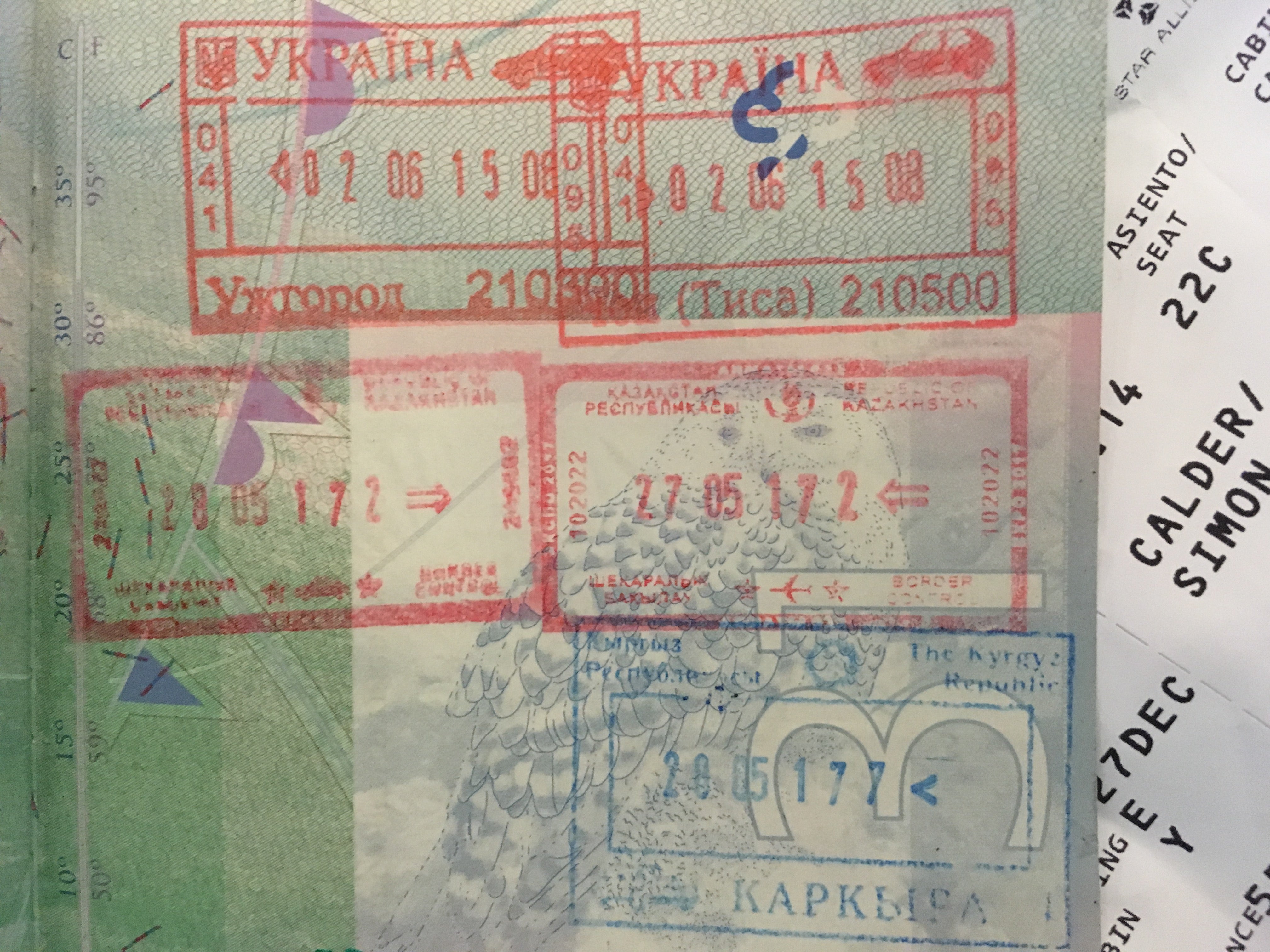The passports restoring the freedom to travel that Brexit is taking away
The Man Who Pays His Way: Freedom to travel, part 1

Your support helps us to tell the story
From reproductive rights to climate change to Big Tech, The Independent is on the ground when the story is developing. Whether it's investigating the financials of Elon Musk's pro-Trump PAC or producing our latest documentary, 'The A Word', which shines a light on the American women fighting for reproductive rights, we know how important it is to parse out the facts from the messaging.
At such a critical moment in US history, we need reporters on the ground. Your donation allows us to keep sending journalists to speak to both sides of the story.
The Independent is trusted by Americans across the entire political spectrum. And unlike many other quality news outlets, we choose not to lock Americans out of our reporting and analysis with paywalls. We believe quality journalism should be available to everyone, paid for by those who can afford it.
Your support makes all the difference.When I began writing a weekly column on travel on Saturday 21 May 1994, I was unsure how sustainable it might prove. Almost 1,400 weeks later, there remains a near-infinite number of travel events to report upon and interpret.
For today and the following two weeks, though, I want to focus on a subject close to our thoughts as well as our hearts: the freedom to travel.
Nathalie Haxby has a problem. Or, as I see it, an opportunity. Nathalie is originally from France but now lives in southwest London. She is a dual national with a British passport. But, she says: “My last French passport expired 15 years ago. I never needed it. With Brexit I think it’s time to get a new one and avoid restrictions on travel to the EU. Since then I have married.
"Because I didn’t need a second passport I haven’t registered my married surname with the French authorities. I am apparently still allowed to apply for a passport in my maiden name, though.
“With two passports in hand but with different surnames, can I book a flight to France using my UK passport – but then use my other passport, with a different surname, at passport control to enter the EU as a French national?”
Nathalie is one of several million people legally entitled to a European Union passport as well as their UK travel document. Whether, like Nathalie, they are from an EU country and have built a life in Britain, or they have sufficient Irish DNA to qualify for a passport from the republic, their freedom to travel after the UK finally leaves the EU should be little affected.
When the Brexit transition phase ends at 11pm on New Year’s Eve, Nathalie’s French passport will confer the benefits the UK has decided to surrender: from fast-track border crossings to the right to stay as long as she likes in another European country to work, study or just have fun.
Within Europe, there is no problem travelling with two passports in different names. The airline will want to verify that the name on the passport matches the name on the ticket; so long as you have both passports, it doesn’t matter which you name you book the ticket in. There are no UK border outbound checks.
When entering the Schengen area (almost all of the European Union plus a few hangers-on) you certainly don’t want to use your British passport if you can avoid it. You risk intrusive questions on your plans, your assets and your health; and being turned away.
Under rules devised while the UK was at the top table in Europe, British travellers to Europe will have strict limits on length of stay. In contrast, if an EU citizen turns up at an EU frontier, all the frontier official can do is check the passport is valid, and that it belongs to the traveller. The fact that it is in your maiden name makes no difference.
Coming back, it matters little which passport you use: Europeans will be able to use the same e-gates as British travellers when entering the UK.
Fourteen hundred weeks ago, I could never have imagined that any major European country – let alone the increasingly welcoming, open and diverse UK – would choose to make life more difficult for its citizens to travel.
That the two key Vote Leave claims – “Turkey (population 76 million) is joining the European Union” and “Let’s give the NHS the £350m the EU takes every week” – were blatant lies is now irrelevant, and just illustrates what judiciously applied nationalism can achieve, even in a moderate and tolerant nation.
Meanwhile, Nathalie and anyone else who is entitled to a passport issued by a moderate and tolerant EU nation can take back control of their travel despite the UK’s decision to surrender ours. Bon courage et bons voyages.



Join our commenting forum
Join thought-provoking conversations, follow other Independent readers and see their replies
Comments